Home>Home Appliances>Home Automation Appliances>Why Does My Thermostat Turn Off
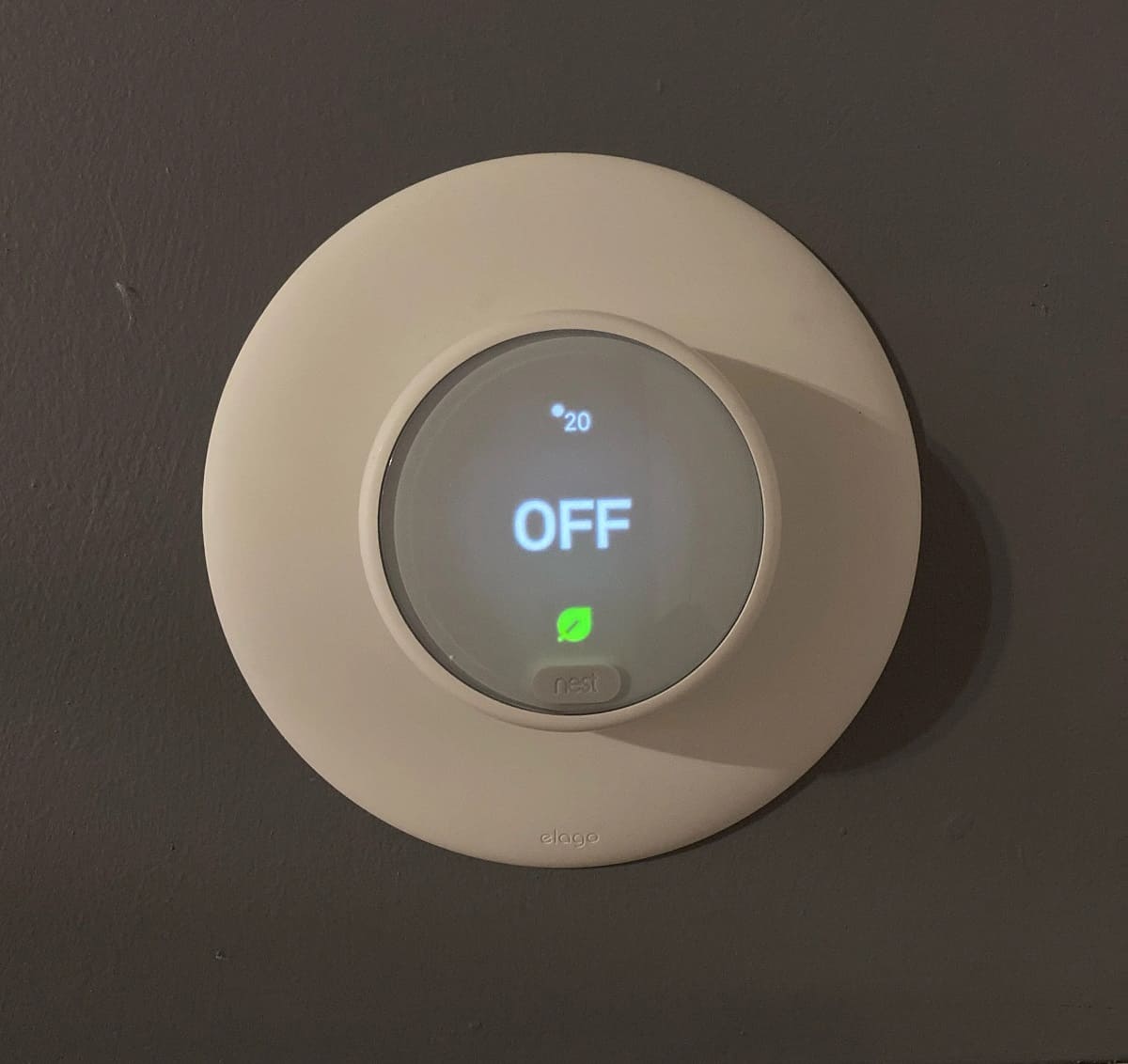

Home Automation Appliances
Why Does My Thermostat Turn Off
Modified: January 4, 2024
Discover why your thermostat turns off and learn how to troubleshoot it with our expert guide. Explore solutions for home automation appliances.
(Many of the links in this article redirect to a specific reviewed product. Your purchase of these products through affiliate links helps to generate commission for Storables.com, at no extra cost. Learn more)
Introduction
Welcome to the world of home automation, where modern technology seamlessly integrates with everyday life to enhance comfort and convenience. One of the pivotal components of home automation is the thermostat, a device that regulates the temperature of your living space. However, have you ever experienced the perplexing situation where your thermostat unexpectedly turns off, leaving you in discomfort and frustration? If so, you're not alone. Understanding why your thermostat turns off is crucial for maintaining a comfortable living environment and ensuring the efficient operation of your heating and cooling systems.
The thermostat serves as the command center for your HVAC (heating, ventilation, and air conditioning) system, allowing you to set and maintain the desired temperature in your home. Whether you're seeking warmth during the chilly winter months or a cool oasis in the heat of summer, your thermostat plays a pivotal role in creating a comfortable indoor climate.
This article delves into the common reasons why your thermostat may turn off unexpectedly and provides practical troubleshooting tips to address these issues. By gaining insight into the inner workings of your thermostat and learning how to identify and resolve potential problems, you can regain control over your home's temperature and enjoy uninterrupted comfort.
So, let's embark on a journey to unravel the mysteries of thermostat behavior, empowering you with the knowledge to troubleshoot and resolve issues when your thermostat turns off unexpectedly. Whether you're a tech-savvy homeowner or simply someone who wants to maintain a cozy living environment, understanding your thermostat is the first step towards a harmonious and comfortable home.
Key Takeaways:
- Keep your thermostat running smoothly by checking for power supply interruptions, dirty components, and software glitches. Troubleshoot and maintain it to ensure uninterrupted comfort in your home.
- When in doubt, seek professional help for persistent thermostat issues, complex system integration, electrical concerns, smart thermostat configuration, and manufacturer-specific support. HVAC professionals can provide tailored solutions for optimal performance.
Understanding the Thermostat
Before delving into the reasons why your thermostat may turn off, it's essential to grasp the fundamental workings of this indispensable device. At its core, a thermostat is a temperature-sensitive switch that controls the operation of your heating and cooling systems. It serves as the interface between you and your HVAC system, allowing you to set the desired temperature and maintain optimal comfort within your home.
Thermostats come in various types, including traditional mechanical models and advanced digital versions equipped with programmable features and smart capabilities. Mechanical thermostats rely on a bimetallic coil that expands and contracts in response to temperature changes, triggering the activation or deactivation of the heating or cooling system. On the other hand, digital thermostats utilize electronic sensors to monitor temperature fluctuations and offer precise control over your HVAC system.
Understanding the basic components of a thermostat is crucial for troubleshooting issues related to it turning off unexpectedly. The thermostat is equipped with temperature sensors that detect the ambient temperature in your home. When the temperature deviates from the set point, the thermostat signals the HVAC system to either engage or disengage, maintaining the desired temperature level.
Moreover, modern thermostats often feature programmable settings, enabling you to schedule temperature adjustments based on your daily routine. This functionality not only enhances energy efficiency but also allows for personalized comfort and convenience. Additionally, smart thermostats, equipped with Wi-Fi connectivity and advanced sensors, offer remote access and intelligent learning capabilities, further optimizing energy usage and comfort levels.
By comprehending the inner workings and capabilities of your thermostat, you gain insight into the potential factors that may cause it to turn off unexpectedly. Whether it's a simple mechanical issue or a more complex programming glitch, understanding the thermostat is the cornerstone of effectively troubleshooting and resolving operational issues.
Now that we have explored the fundamental principles of a thermostat, let's delve into the common reasons why your thermostat may turn off, unraveling the mysteries behind this perplexing occurrence.
Common Reasons for Thermostat Turning Off
When your thermostat turns off unexpectedly, it can disrupt the comfort of your home and leave you searching for answers. Several common reasons may account for this perplexing occurrence, ranging from simple operational issues to more complex technical malfunctions. Understanding these potential causes is essential for effectively troubleshooting and resolving the problem. Let’s explore some of the prevalent reasons why your thermostat may turn off unexpectedly:
- Power Supply Interruptions: A frequent culprit behind a thermostat turning off is a disruption in the power supply. Whether due to an electrical outage, a blown fuse, or a tripped circuit breaker, power interruptions can cause the thermostat to shut down, leading to an unresponsive HVAC system.
- Battery Depletion: If your thermostat operates on battery power, depleted batteries can lead to unexpected shutdowns. Regularly replacing the batteries or ensuring that your thermostat is connected to a constant power source can prevent this issue.
- Dirty or Faulty Components: Accumulated dust and debris within the thermostat can impede its functionality, leading to erratic behavior, including unexpected shutdowns. Additionally, faulty wiring, loose connections, or a malfunctioning temperature sensor can contribute to the thermostat turning off unexpectedly.
- Incorrect Settings: Misconfigured or erroneous thermostat settings, including incorrect temperature programming or mode selection, can cause the system to shut down unexpectedly. Verifying and adjusting the settings can rectify this issue.
- System Compatibility Issues: Incompatibility between the thermostat and the HVAC system can result in erratic behavior, including unexpected shutdowns. Ensuring that the thermostat is compatible with your specific heating and cooling system is crucial for seamless operation.
- Software Glitches: For digital and smart thermostats, software malfunctions or firmware glitches can lead to unexpected shutdowns. Updating the thermostat’s software or performing a system reset may resolve this issue.
By familiarizing yourself with these common reasons for a thermostat turning off, you can proactively address potential issues and restore the seamless operation of your HVAC system. Troubleshooting these factors empowers you to regain control over your home’s comfort and ensure the reliable performance of your thermostat.
Now that we’ve identified the common reasons behind a thermostat turning off unexpectedly, let’s delve into practical troubleshooting and solutions to address these issues effectively.
Check the power source and make sure it’s connected properly. If the thermostat is battery-powered, try replacing the batteries. If it’s hardwired, check the circuit breaker to ensure it hasn’t tripped.
Troubleshooting and Solutions
When faced with the perplexing situation of a thermostat turning off unexpectedly, employing effective troubleshooting strategies is essential for identifying and resolving the underlying issues. By systematically addressing potential causes and implementing targeted solutions, you can restore the seamless operation of your thermostat and HVAC system. Let’s explore practical troubleshooting steps and solutions to rectify common issues:
- Power Supply Check: Begin by verifying the power supply to the thermostat. Ensure that the electrical circuit is active, and there are no tripped breakers or blown fuses. If the thermostat operates on batteries, replace them with fresh ones to ensure consistent power.
- Clean and Inspect: Dust and debris can impede the functionality of the thermostat. Carefully remove the cover and clean the internal components using a soft brush or compressed air. Inspect the wiring for any signs of damage or loose connections, addressing any issues found.
- Reconfigure Settings: Check and reconfigure the thermostat settings, including the temperature programming and operational modes. Ensure that the settings align with your comfort preferences and the requirements of your HVAC system.
- Compatibility Verification: If you’ve recently installed a new thermostat or HVAC system, verify the compatibility between the two. Consult the manufacturer’s guidelines and seek professional assistance if necessary to ensure seamless integration.
- Software Update: For digital and smart thermostats, check for available software updates or firmware upgrades. Updating the thermostat’s software can rectify potential glitches and enhance its performance.
- Reset and Calibration: Perform a system reset or calibration as per the manufacturer’s instructions. This can recalibrate the thermostat and resolve any operational irregularities.
Implementing these troubleshooting steps can often address the common reasons behind a thermostat turning off unexpectedly, restoring its reliable operation and ensuring uninterrupted comfort within your home. However, if despite your best efforts, the issue persists, or if you encounter complex technical challenges, it may be time to seek professional help.
Now that we’ve explored practical troubleshooting strategies and solutions, let’s discuss when it’s advisable to seek professional assistance in addressing issues related to a thermostat turning off unexpectedly.
When to Seek Professional Help
While many thermostat issues can be resolved through basic troubleshooting and DIY solutions, there are instances where seeking professional assistance becomes necessary. Knowing when to enlist the expertise of HVAC professionals can save time, prevent further complications, and ensure the efficient resolution of complex technical issues. Here are scenarios in which it’s advisable to seek professional help for thermostat-related concerns:
- Persistent Operational Issues: If despite your best efforts, the thermostat continues to turn off unexpectedly or exhibits erratic behavior, it’s prudent to engage the services of HVAC professionals. They possess the expertise and diagnostic tools to identify underlying technical malfunctions and implement precise solutions.
- Complex System Integration: When installing a new thermostat or upgrading your HVAC system, intricate compatibility and integration issues may arise. HVAC professionals can assess the system’s components, ensure seamless compatibility, and optimize the operation of the thermostat within the broader HVAC framework.
- Electrical and Wiring Concerns: Issues related to electrical wiring, circuitry, or power supply require the specialized skills of HVAC technicians. They can conduct thorough assessments, address wiring anomalies, and safeguard against potential electrical hazards.
- Smart Thermostat Configuration: For smart thermostats equipped with advanced features and Wi-Fi connectivity, configuring and troubleshooting intricate software settings may necessitate professional expertise. HVAC professionals can ensure seamless integration with your home network and address connectivity issues.
- Manufacturer-Specific Support: Certain thermostat brands and models may require specialized technical support for troubleshooting and repairs. HVAC professionals with manufacturer-specific training can offer tailored solutions and ensure compliance with warranty provisions.
By recognizing these scenarios and acknowledging the value of professional expertise, you can navigate thermostat-related challenges with confidence and precision. Engaging the services of HVAC professionals when needed ensures the optimal performance and longevity of your thermostat and HVAC system.
Now that we’ve discussed the instances where seeking professional help is advisable, let’s conclude our exploration of thermostat-related concerns with a summary of the key insights and recommendations presented in this article.
Read more: Why Does My Lamp Turn On And Off By Itself
Conclusion
In the realm of home automation, the thermostat stands as a vital component, regulating the temperature of your living space and fostering a comfortable environment. When faced with the enigma of a thermostat turning off unexpectedly, understanding the underlying reasons and employing effective solutions is paramount for maintaining uninterrupted comfort and the efficient operation of your HVAC system.
Throughout this article, we’ve delved into the fundamental workings of a thermostat, identified common reasons for its unexpected shutdowns, and explored practical troubleshooting strategies and solutions. By familiarizing yourself with these insights, you’re empowered to address thermostat-related issues with confidence and precision, ensuring the seamless operation of your home’s heating and cooling systems.
From power supply interruptions and dirty components to software glitches and compatibility concerns, the potential causes of a thermostat turning off are diverse and multifaceted. By systematically troubleshooting these factors and implementing targeted solutions, you can restore the reliable performance of your thermostat and maintain a comfortable indoor climate.
Furthermore, recognizing when to seek professional help for complex technical challenges ensures the comprehensive resolution of thermostat-related concerns, safeguarding against operational disruptions and electrical hazards. HVAC professionals bring specialized expertise, diagnostic capabilities, and manufacturer-specific support, enhancing the performance and longevity of your thermostat and HVAC system.
As you navigate the intricacies of thermostat functionality and troubleshooting, remember that a harmonious home environment hinges on your understanding of the thermostat’s operation and your proactive approach to addressing potential issues. Whether it’s a simple power supply check, a thorough cleaning and inspection, or the engagement of professional assistance, your diligence in maintaining the seamless operation of your thermostat is key to sustaining comfort and convenience within your home.
Armed with the knowledge and insights presented in this article, you’re well-equipped to navigate the nuances of thermostat behavior and address unexpected shutdowns with confidence. By harnessing the power of understanding and proactive maintenance, you can ensure that your thermostat remains a steadfast guardian of comfort, seamlessly orchestrating the ideal indoor climate for you and your family.
So, as you embark on your journey to troubleshoot and maintain your thermostat, may your home be filled with warmth in the winter, coolness in the summer, and the uninterrupted comfort that only a well-functioning thermostat can provide.
Frequently Asked Questions about Why Does My Thermostat Turn Off
Was this page helpful?
At Storables.com, we guarantee accurate and reliable information. Our content, validated by Expert Board Contributors, is crafted following stringent Editorial Policies. We're committed to providing you with well-researched, expert-backed insights for all your informational needs.
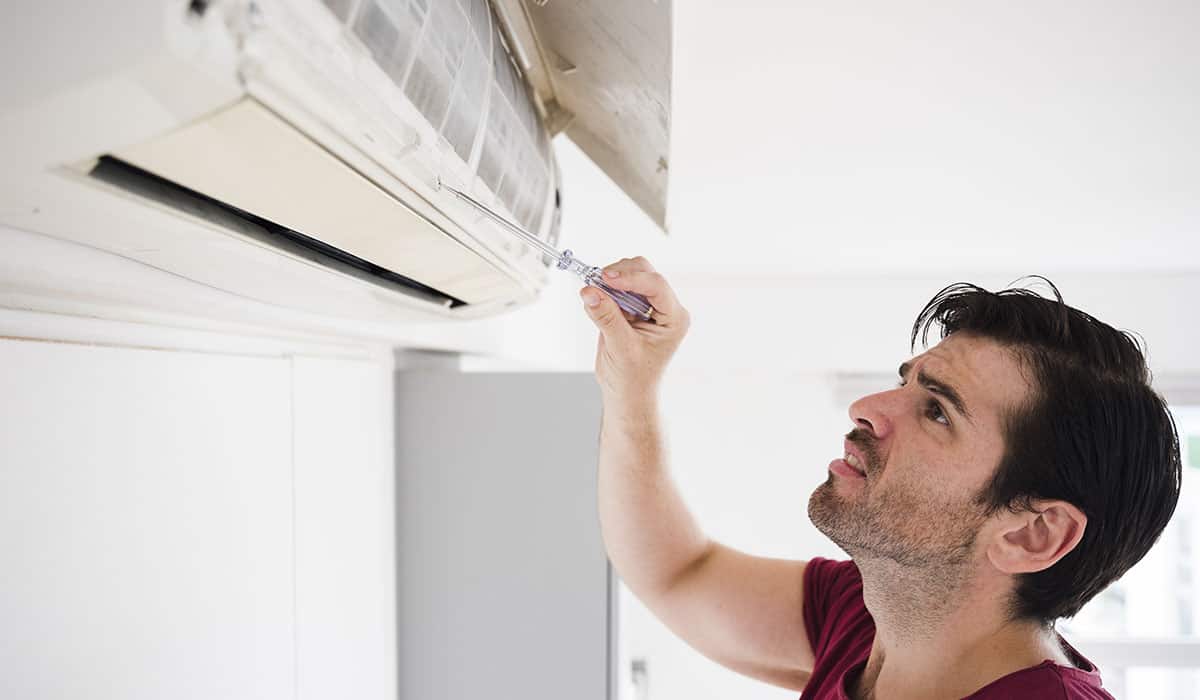
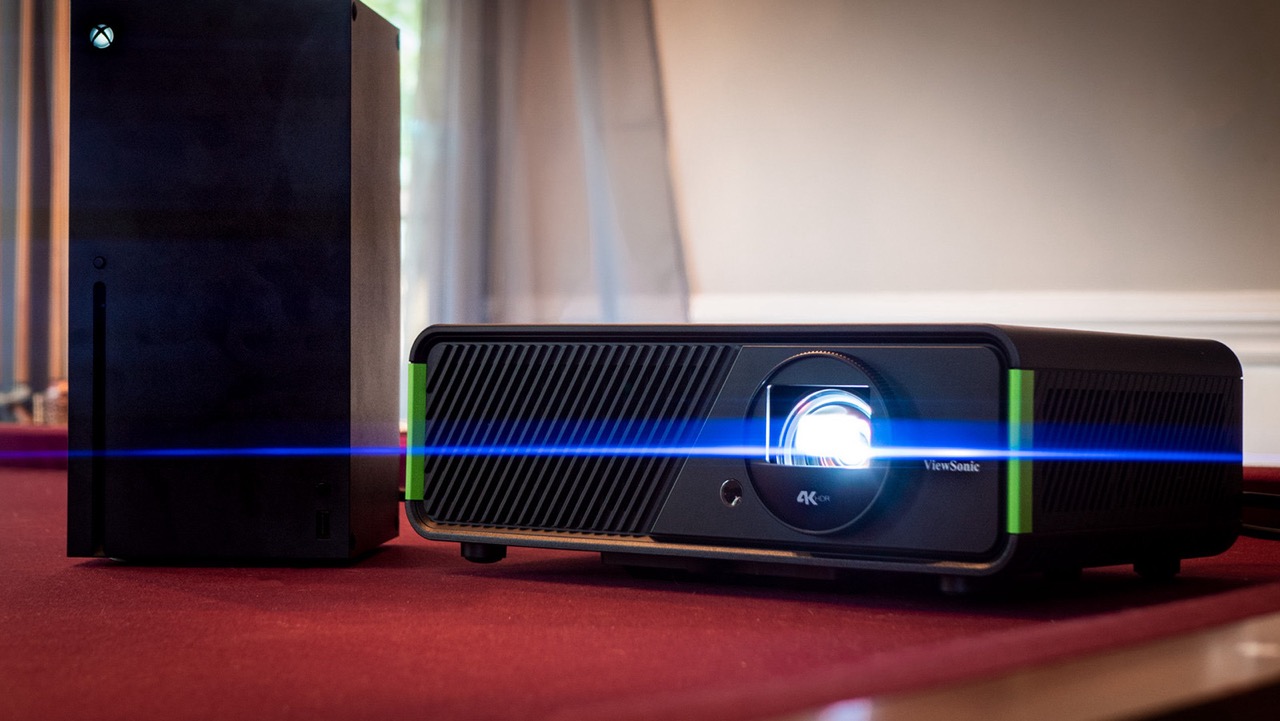

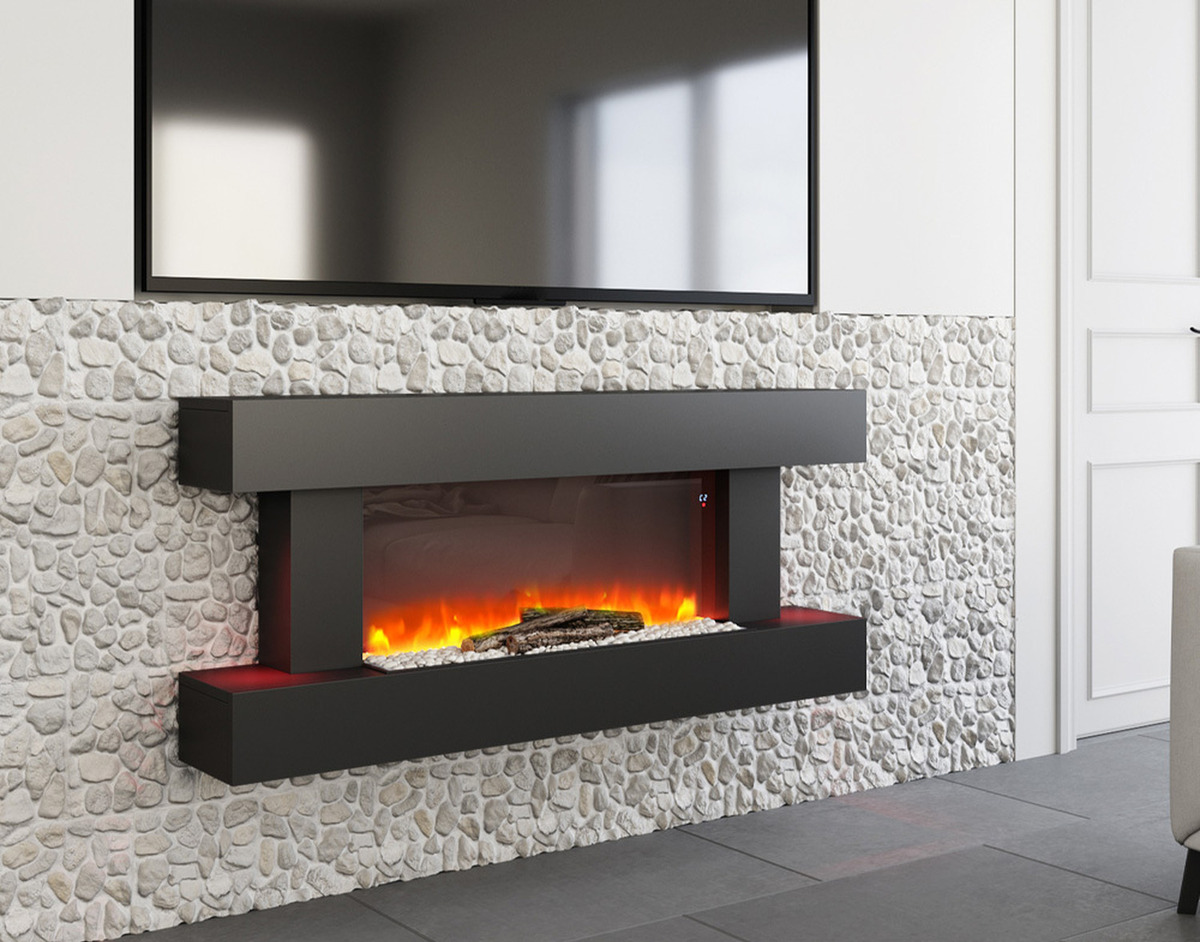
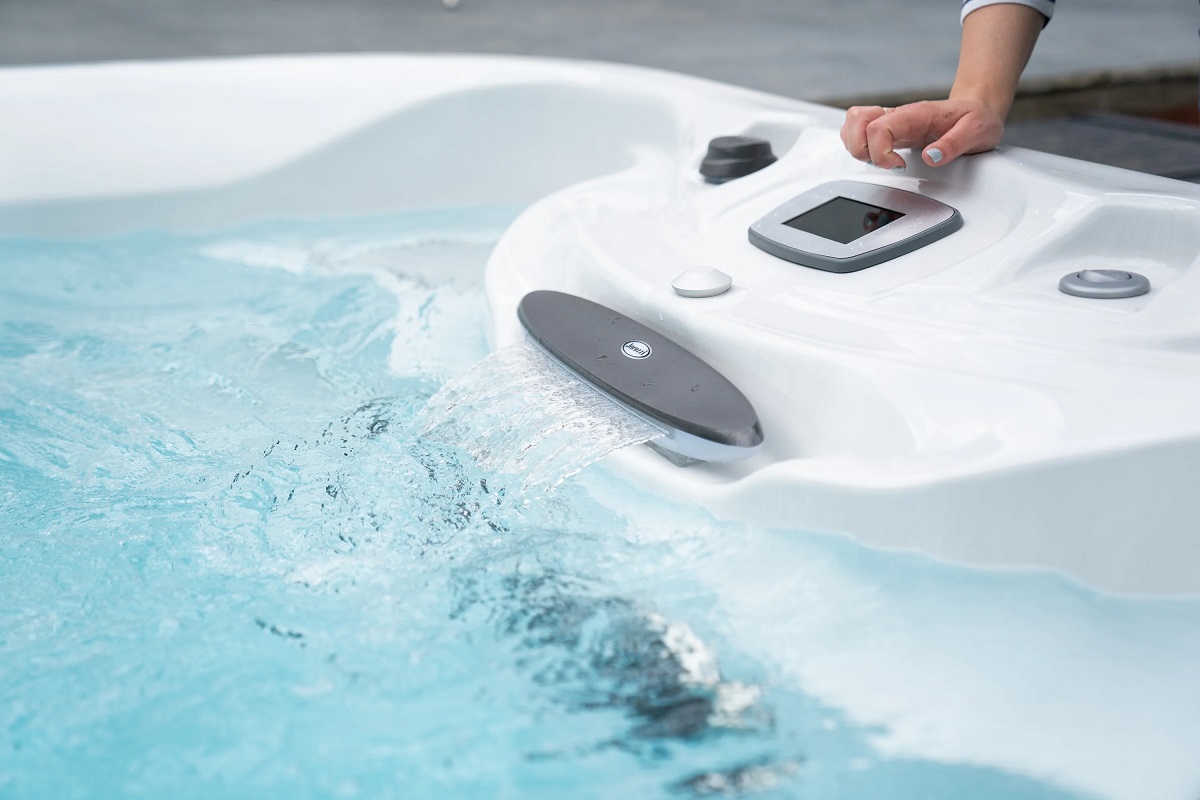

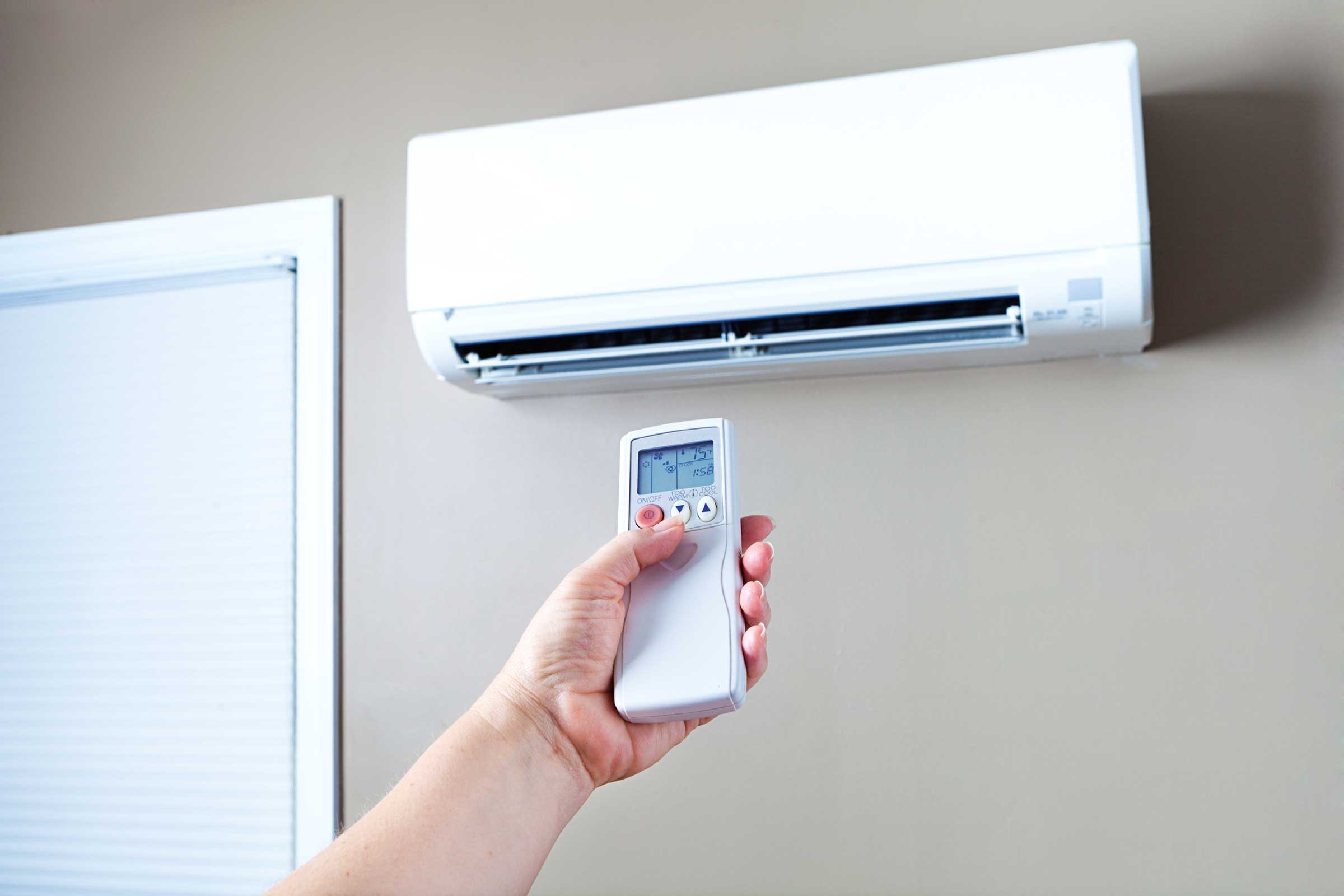
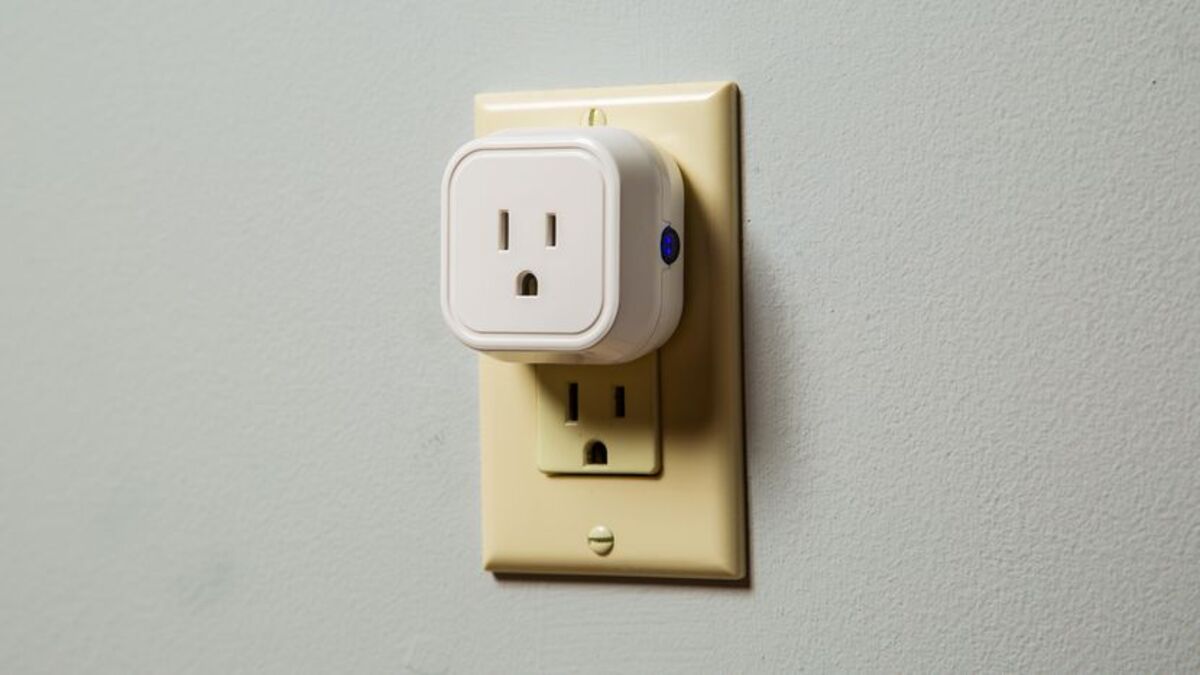
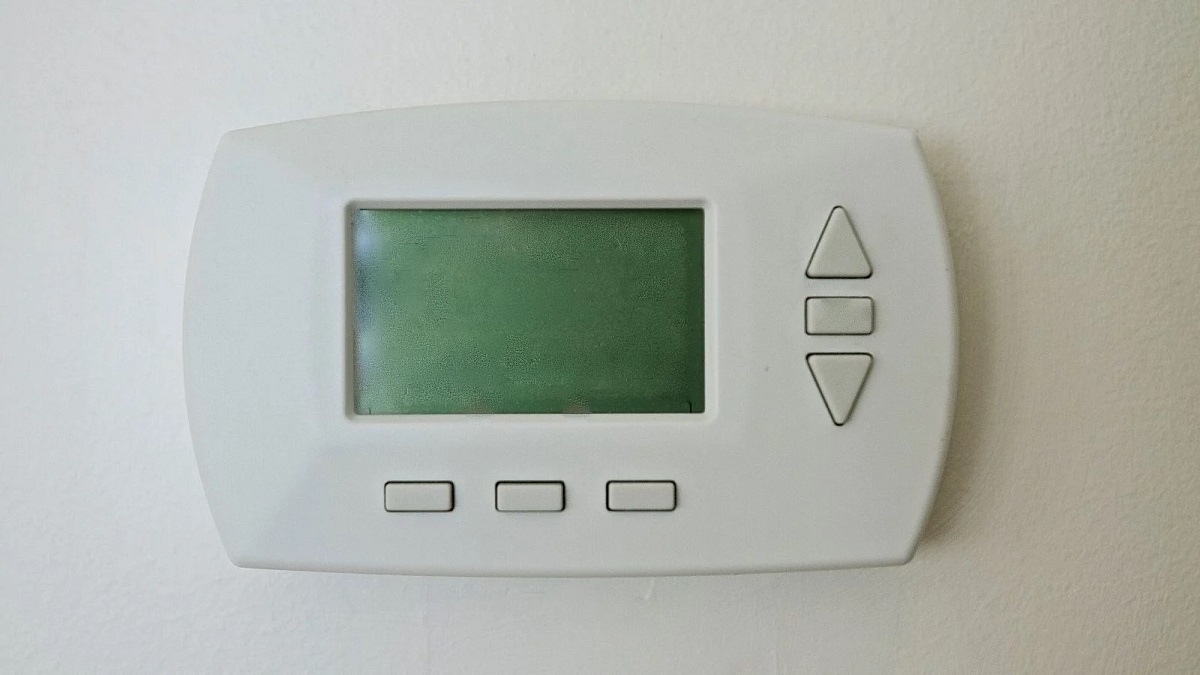
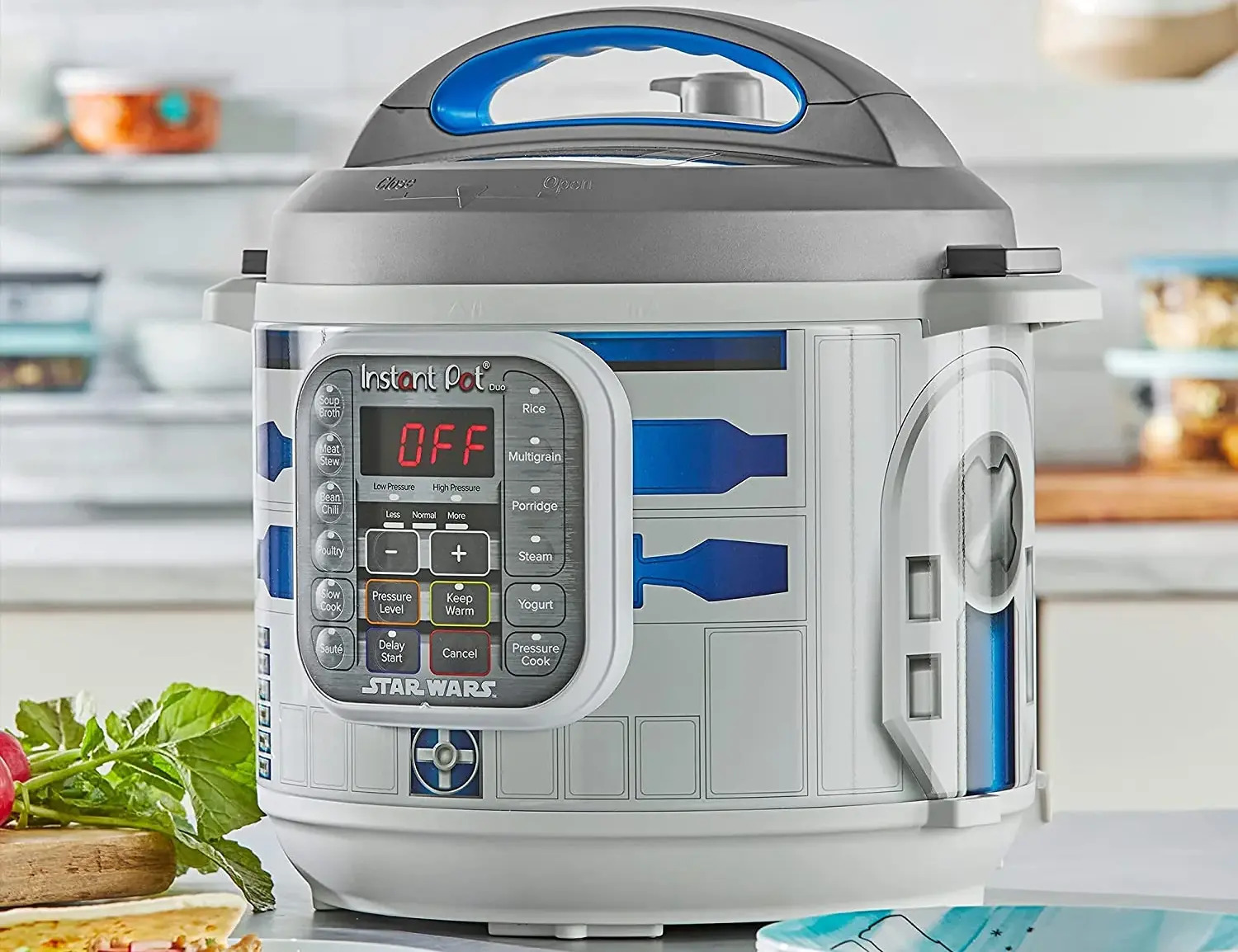
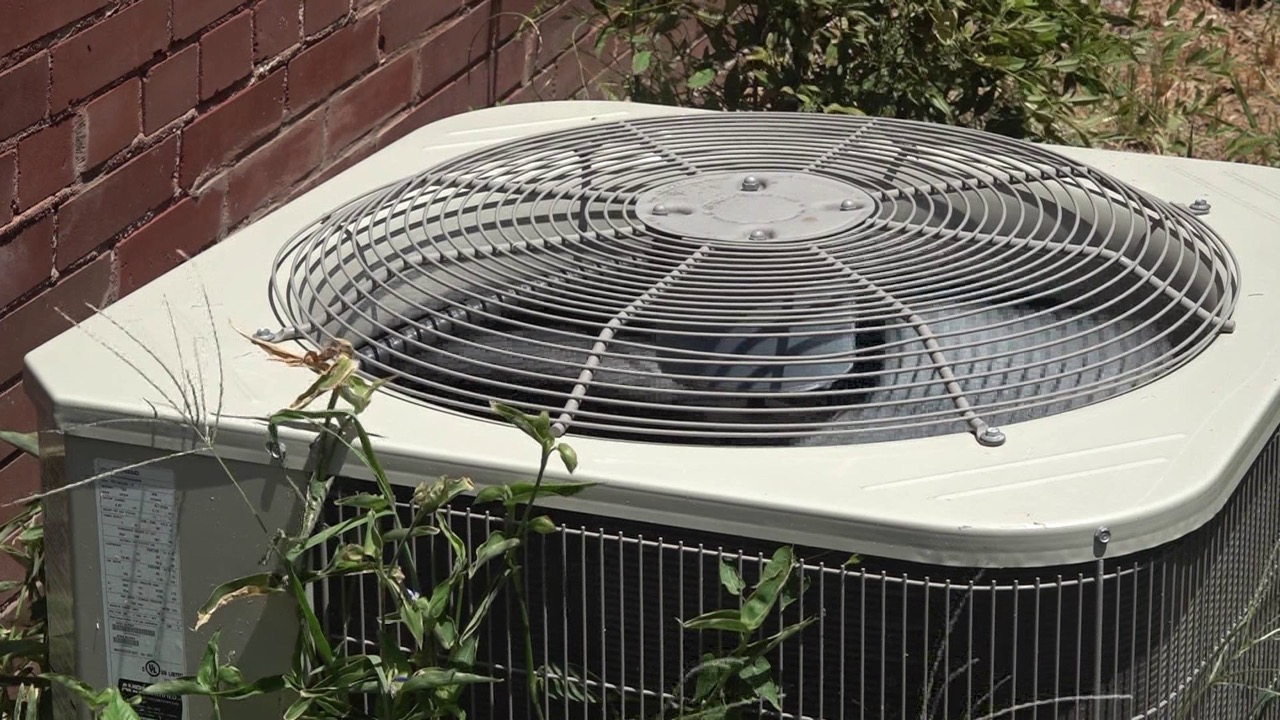
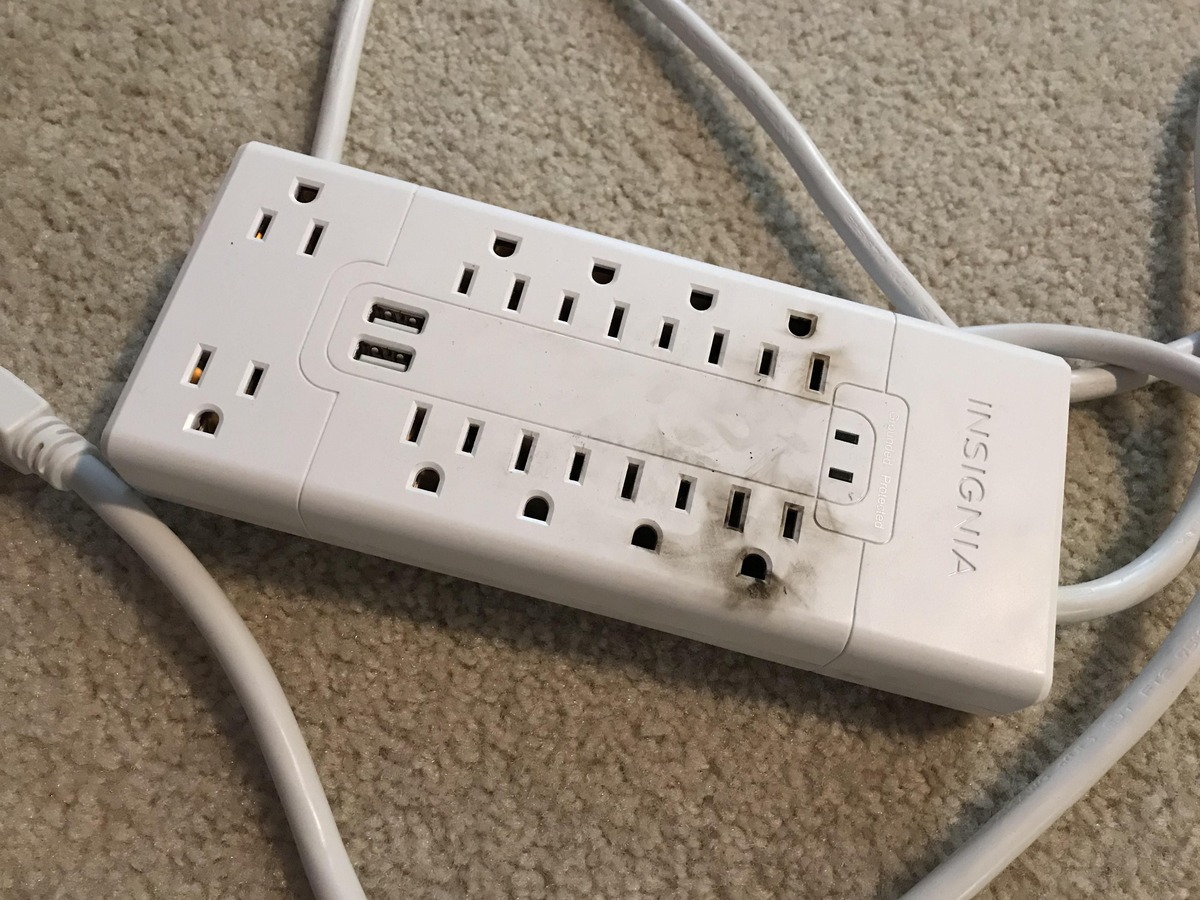
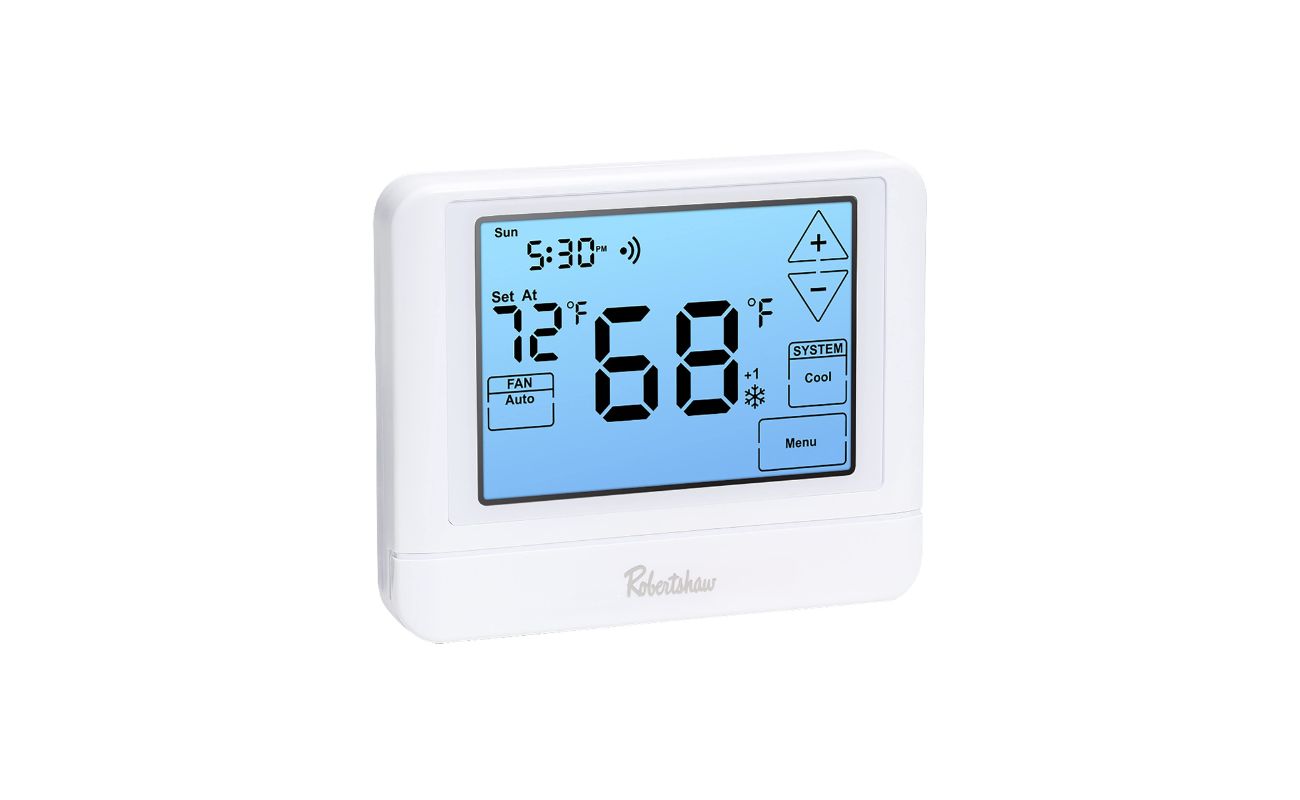
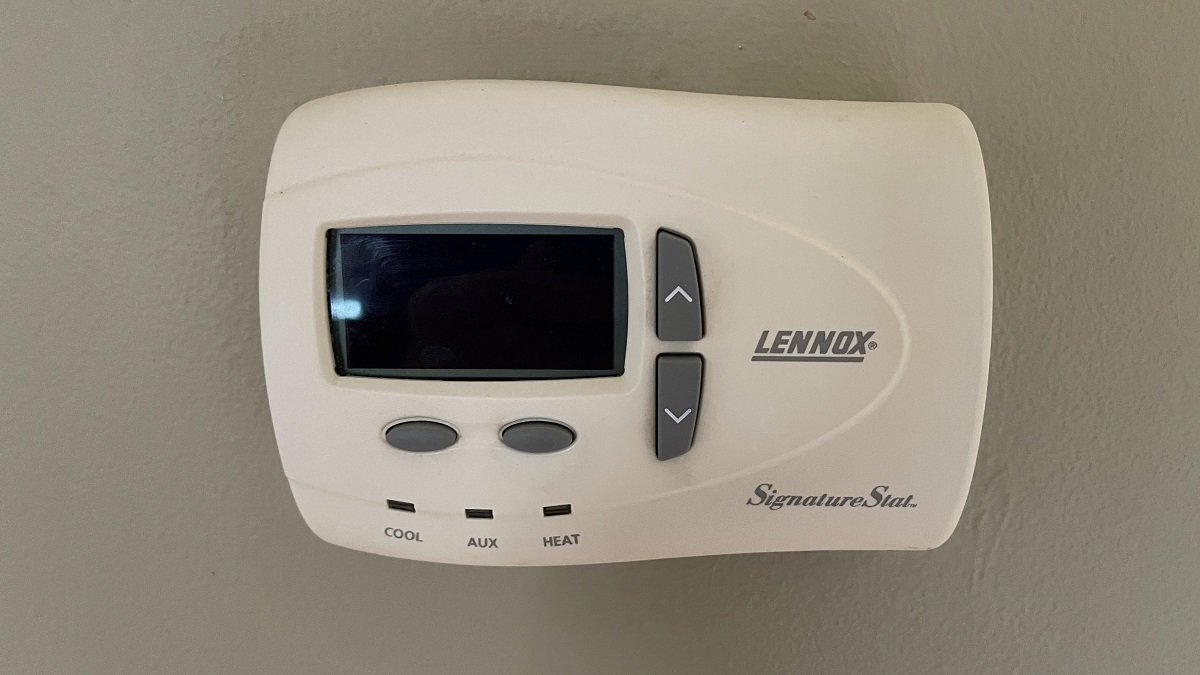

0 thoughts on “Why Does My Thermostat Turn Off”